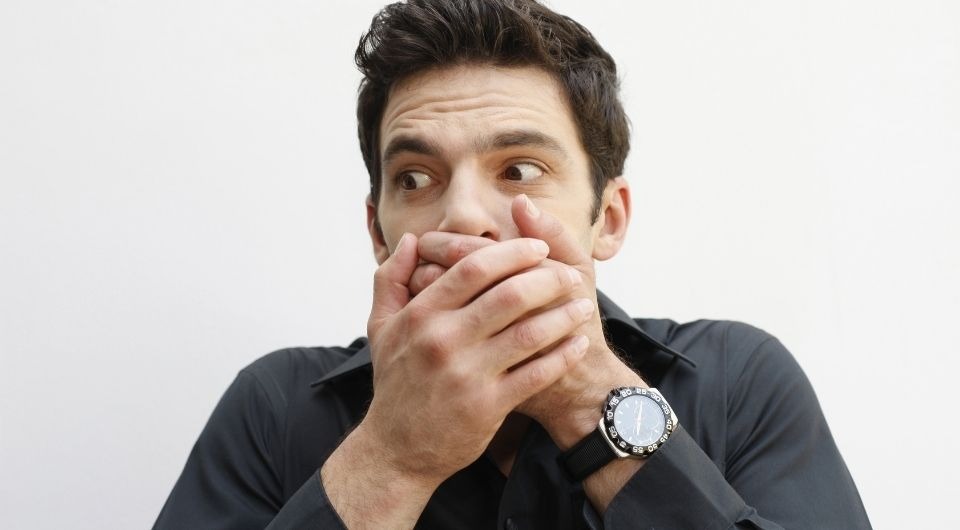
Posted on: 08 April, 2021
Accidents happen when you least expect. Learn the steps you can take to preserve a knocked-out tooth, so your dentist has the best chance of saving it.
4 minute read
There are roughly 60 million (1) dental accidents that happen worldwide each year. In fact, about one-half of the world’s population experiences dental trauma at some point in their lives. This could mean a chipped or cracked tooth, or a completely knocked-out tooth. No matter the type of dental injury, all trauma involves:

A blow to the mouth can cause a tooth to dislocate out of its socket, this is known as a tooth avulsion. It can be a stressful situation that requires an immediate visit to the dentist for consultation and treatment. The force that knocks a tooth out of the mouth can also result in:
The most common causes (2) of a knocked-out tooth are falls, contact sports, traffic accidents and cycling.

Inside the canals of each tooth root are blood vessels and nerve tissue known as tooth pulp. The tooth root's outer surface is called the periodontal ligament. While tooth pulp plays a role in forming a tooth during childhood, it no longer serves a vital role after the tooth is fully formed.
The periodontal ligament on the other hand, serves a vital function throughout life, as it holds teeth in their sockets and allows teeth to absorb the stress of chewing.
Once a tooth is knocked out, tooth pulp can’t survive, but it’s extremely important to preserve the periodontal ligament so the tooth can be reattached and continue to function.

Yes, our team of experienced dental professionals can usually save a knocked-out tooth. The steps you take in the lead up to your emergency appointment may determine how successfully we can reattach the tooth. Factors that affect the long-term outcome of replanting and maintaining the tooth include:

What you do in the lead up to your emergency dental appointment, impacts how successfully we can reattach your knocked-out tooth. Take these steps to increase your chances of saving it.

If you’re not able to put the tooth back into its socket, here’s what you’ll need to do:

Baby teeth are a little different when it comes to preserving a knocked out tooth. We don’t recommend attempting to place a baby tooth back in its socket, because it can cause difficulties in shedding the baby tooth and can damage the developing adult tooth.
EVP Dental reserves appointments for dental emergencies every day. Call our practice on (08) 9470 3944 and we’ll arrange a time to see you and your child as soon as possible.
.jpg)
Chipped, cracked or fractured teeth are still a cause for concern, but may not require emergency treatment like a knocked-out tooth does. It’s important to book a check-up so your dentist can determine the appropriate care needed.
Delaying treatment can result in teeth shifting out of place, dental abscesses and possibly tooth loss. Our team of dentists at EVP Dental can restore the appearance and function of your injured teeth with treatments such as:

Protecting your teeth on the sports field can help you avoid dental injuries and costly treatment. A custom mouthguard helps to significantly reduce the severity of an injury by absorbing impact and protecting teeth, jaws and soft tissues in the mouth.
Unlike an over-the-counter mouthguard, a custom-fitted mouthguard is designed by taking impressions of your teeth to precisely fit the contours of your mouth. They offer superior protection and comfort and allow you to breathe and speak normally. They can also last for several seasons before needing to be replaced.
EVP Dental reserves appointments for dental emergencies every day. Call our practice on (08) 9470 3944 for any questions or concerns about saving teeth after a dental accident, or book an appointment online.